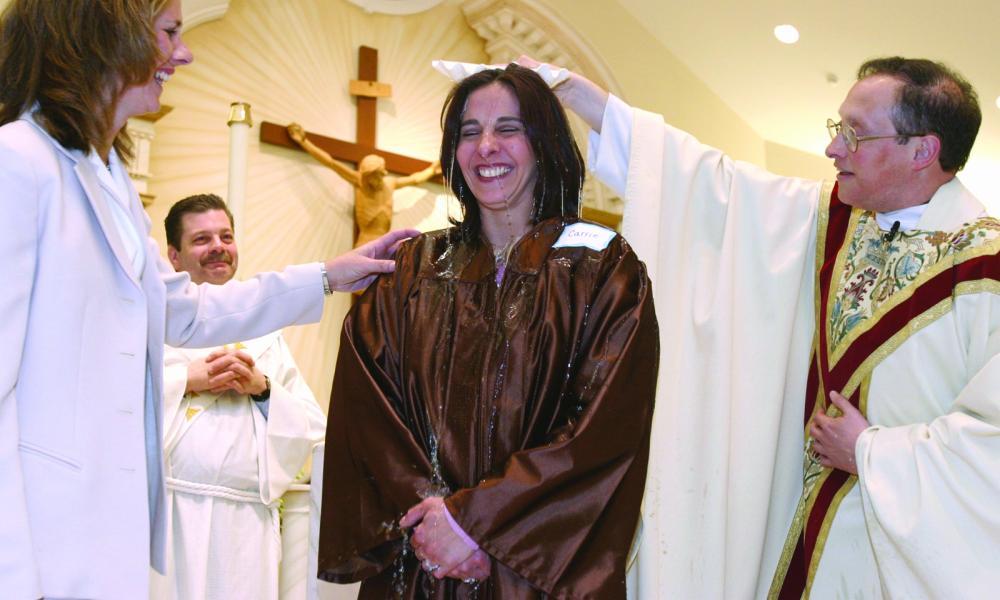
We are called to be the lifeblood of God in our world today
Recently, in his blog, Dr. Jeff Mirus noted that while on vacation he spent time thinking about his marriage. He wrote: Living our vocation properly is the most important thing we can do here on earth. If we are married, this means that constantly forming and renewing our spouses and children in Christian love is more important than getting a better job, rising to greater public influence, making more money … pursuing personal dreams, or even sacrificing mightily to do apostolic work ... For those of us married in the Church, the greatest gift we have is the sacramental grace of our marriages. We must love and nurture this special share in the life of God even as it loves and nurtures us. And the greatest gift we can give is the stability, security, and deep formation our children will receive as we both love them in this grace, and love this grace in them.
What Dr. Mirus writes about his marriage is true of everyone’s vocation. Our baptism has set us onto our first vocation. As the Second Vatican Council noted (Lumen Gentium 11): “all the faithful, whatever their condition or state – though each in his own way – are called to that perfection of sanctity by which the Father himself is perfect.” The only way to achieve this goal, to respond to this calling of God, this vocation, is to live out the grace, which God provides in baptism and that grace, which nourishes our baptismal life as found in the other sacraments (especially confirmation, Eucharist, reconciliation, and anointing of the sick). The Catechism of the Catholic Church adds the following (#1694):
Incorporated into Christ by Baptism, Christians are “dead to sin and alive to God in Christ Jesus” (Romans 6:11) and so participate in the life of the Risen Lord. Following Christ and united with him, Christians can strive to be “imitators of God as beloved children, and walk in love” (Ephesians 5:1-2) by conforming their thoughts, words, and actions to the “mind … which is yours in Christ Jesus” (Philippians 2:5), and by following his example.
So, grace is the key. God is providing us his very life and strength to live a certain way, so that we will become holy, that is, like God. It is living in grace and nurturing grace, which must be our aim in all things. Of course, we all have many different activities in any given day. However, if any of those activities serve to divert us from the use of God’s grace and the nurturing of God’s grace in our lives and in other lives, then those other activities are to be seen as less important and perhaps even dangerous. This grace, this life of God, then becomes the chief criterion for how we set our priorities as Christians.
Now this applies, then, in an added degree to all those baptized who respond to a further calling or vocation from God: to marriage, to the consecrated life, or to ordination. In each of these vocations of service there is additional grace, as Mirus points out. It is that grace which should guide how we live out marriage or the consecrated life or the ordained ministry.
It is living the grace of marriage, living the grace of the consecrated life, living the grace of orders which must be the chief criterion by which any of us prioritize our various activities and evaluate how we have conducted ourselves. In these further vocations, that grace or life of God is given to us always for the service of others, in order for us to help them live out their baptismal call to walk in the baptismal grace of God.
It has been said that Christianity has not failed, it simply has not been really tried! If this is so, my sisters and brothers, that is our responsibility. We must be the very life-blood of God in our world today, the very soul of our societies, the yeast which will, in the end, raise the whole dough. So, let us be about it. May the grace of the Lord be with you all.


